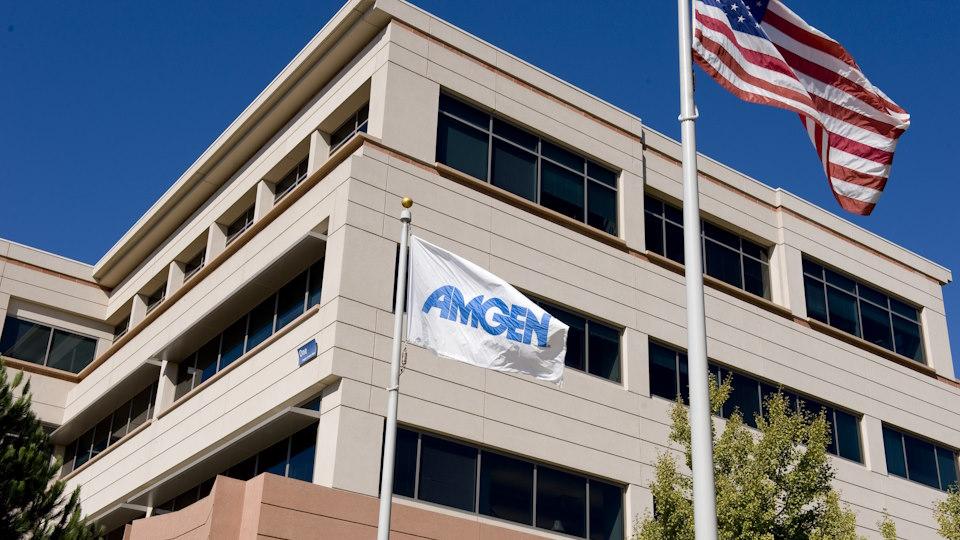FDA starts speedy review of Amgen’s lung cancer BiTE therapy

The FDA has started a priority review of Amgen’s tarlatamab for small cell lung cancer (SCLC), the lead drug in the company’s pipeline of bispecific T-cell engager (BiTE) drugs for solid tumours.
Tarlatamab is under review as a treatment for adult patients with advanced SCLC who have disease progression on or after platinum-based chemotherapy, with the FDA due to deliver a decision on the marketing application by 12th June next year. The drug also has a breakthrough designation from the regulator.
BiTE drugs are designed to engage the immune system against cancer by the expedient of bringing T cells and cancer cells into close proximity. In the case of tarlatamab, the molecule binds to CD3 receptors on T cells and DLL3 on SCLC cells with the aim of stimulating the immune system to destroy the tumour.
It’s a well-established therapeutic approach, as Amgen has already brought one BiTE drug to market – Blincyto (blinatumomab) for a form of B-cell precursor acute lymphoblastic leukaemia (ALL) – which binds to CD3 and CD19 receptors and was approved by the FDA in 2014 and in the EU a year later.
Tarlatamab (formerly AMG 757) is the next in the company’s BiTE pipeline to start regulatory review, and the first to target a solid tumour, and according to GlobalData, could achieve sales approaching $800 million by 2029.
The drug’s filing is based on the results of the phase 2 DeLLphi-301 trial published at the recent ESMO congress, which looked at two doses of the drug (10mg and 100mg) in 220 patients with previously treated SCLC.
The 10mg dose performed best, with a 40% objective response rate (ORR) and a progression-free survival (PFS) of 4.9 months which were both better than the 100mg dose group, which was associated with greater toxicity.
Tarlatamab does have safety issues, with one patient on the 10 mg dose dying of respiratory failure. However, it’s worth noting that patients diagnosed with this form of cancer typically have a five-year survival rate of just 7%, with few treatment advances in recent years.
“While first-line treatments often show strong responses, patients can experience aggressive recurrences and long-term survival remains a challenge,” said David Reese, Amgen’s head of R&D.
“Unfortunately, for patients who relapse, there are limited treatment options, emphasising the importance of bringing new therapies to this patient population with advanced disease.”
If approved, tarlatamab could reignite interest in DLL3, a target that suffered a major setback in 2019 when AbbVie abandoned the development of Rova-T, an anti-DLL3 antibody-drug conjugate, after a phase 3 failure in SCLC.
At the moment, Amgen looks like it has a sizeable lead in the DLL3 category, with other potential indications for tarlatamab, including neuroendocrine prostate cancer (in phase 1) and potentially glioblastoma multiforme, another neuroendocrine carcinoma.
Other companies with T cell engager candidates in the clinic include Boehringer Ingelheim with BI 764532, a CD3xDLL3 bispecific antibody, and Harpoon Therapeutics’ trispecific drug HPN328, which binds to DLL3, CD3 and albumin. Those are both in early-stage clinical development.
Amgen, meanwhile, was also working on a DLL3-directed CAR-T therapy, AMG 119, which started a phase 1 for relapsed and refractory SCLC that was subsequently suspended. It is no longer listed in the company’s pipeline.













